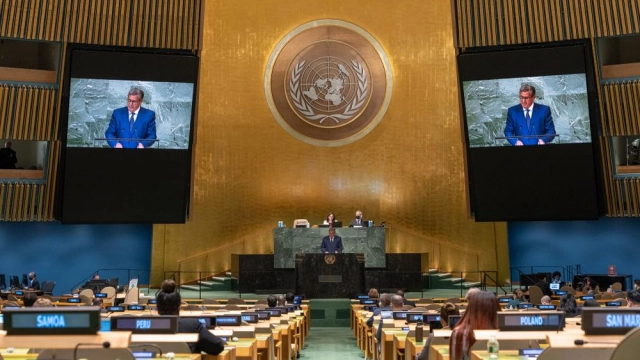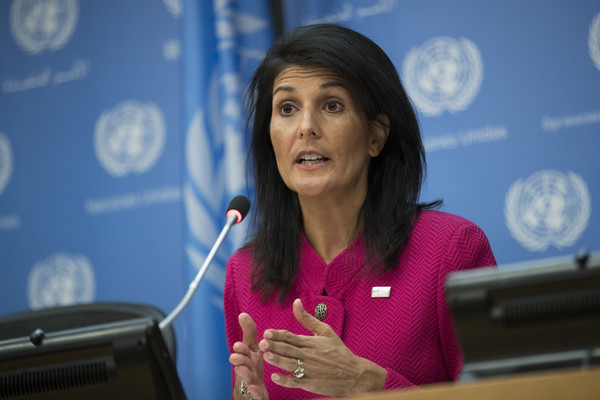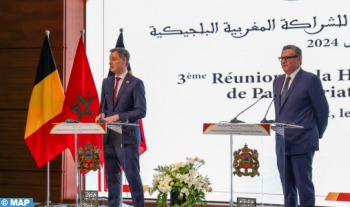Morocco, with its strong tax policies and investment in strategic infrastructures, can help to drive and speed up economic integration in Africa, according to the United Nations Economic Commission for Africa
In a tweet posted following the meeting held Monday in Addis Ababa between ECA Executive Secretary Claver Gatete and Morocco’s Industry & Trade Minister Ryad Mezzour on the sidelines of 57th session of UNECA, the UN body lauded Morocco’s capacity to boost African trade in gas, electric mobility and maritime transport thanks to the Port of Tangier, the Kingdom leadership in fertilizers, energy and automobile.
Morocco, which has been elected President of UNECA for a one-year, will host the 58th UNECA and Conference of African Ministers of Finance, Planning, and Economic Development in March 2026.
Addressing the Addis Ababa gathering, Ryad Mezzour reaffirmed Morocco’s commitment to the African continental free trade area (AfCFTA), saying Africa must benefit from its natural resources by developing sustainable industrialization, enhancing its industrial competitiveness, and ensuring its industrial sovereignty.
Economic Report on Africa 2025 issued by UNECA says Morocco plays a key role in Africa’s trade and development, highlighting the Kingdom’s advanced fertilizer industry, its trade openness, digitalization and wide internet coverage.
Morocco, which is the 1st producer of phosphate in Africa, has the world’s largest reserves, enabling the Kingdom to play a key role in global fertilizer market and food security in Africa.
According to UNECA report, AfCFTA offers a significant opportunity to unlock intra-African fertilizer trade, reducing costs and supply chain vulnerabilities. By eliminating trade barriers, both at and behind the border, as well as fostering regional cooperation, the AfCFTA can facilitate fertilizer movement from production hubs in North Africa to high-demand agricultural regions in the rest of Africa.
Expanding regional fertilizer supply chains through the AfCFTA will not only improve food security but also contribute to Africa’s broader economic transformation by strengthening agricultural productivity and reducing reliance on volatile global markets.



